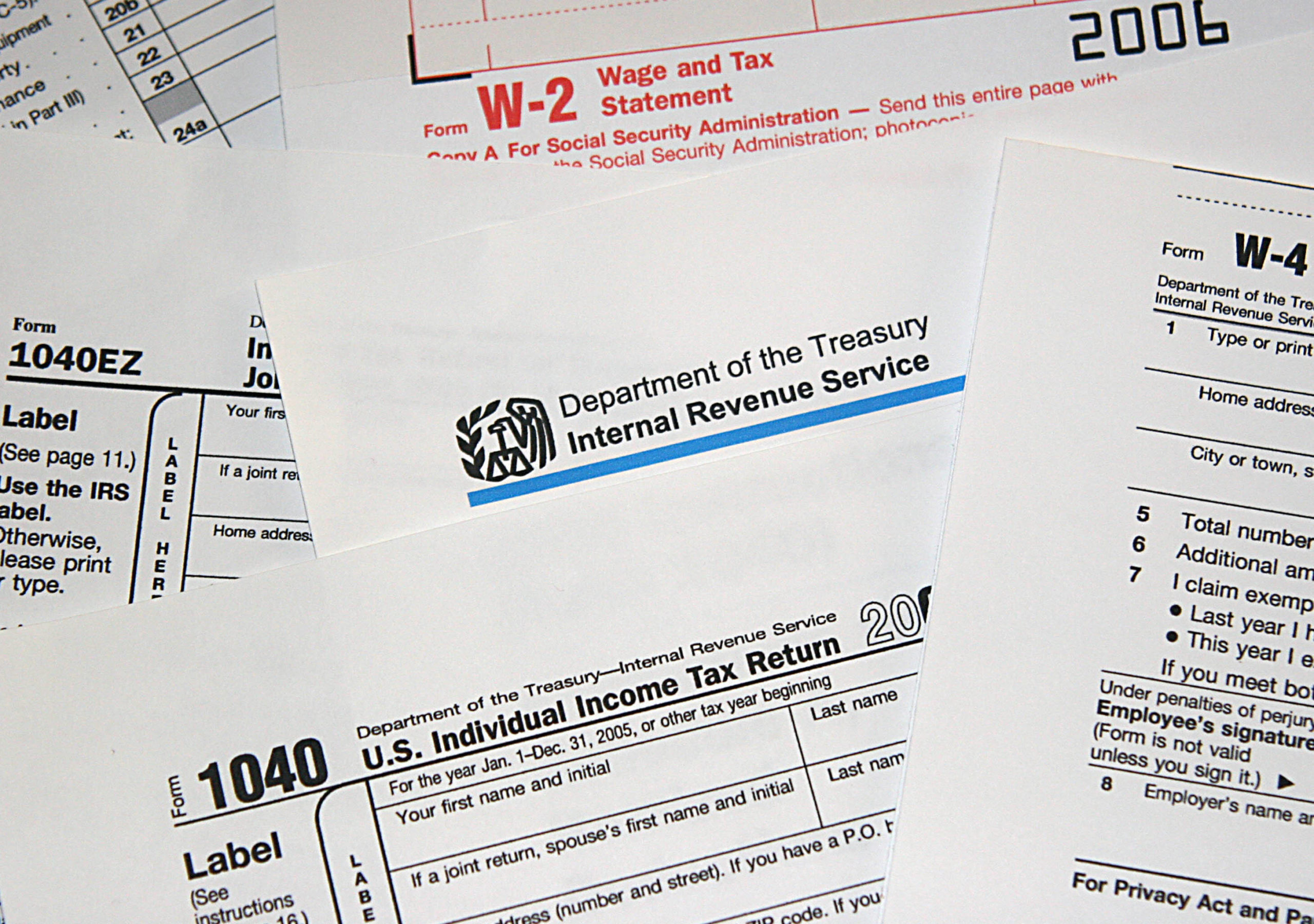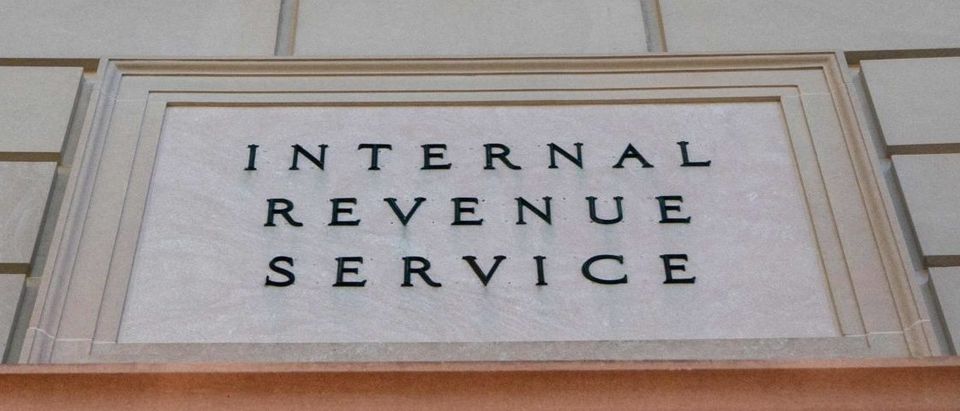The Internal Revenue Service (IRS) will be delaying a rule requiring taxpayers to report payments worth more than $600 received on digital payment platforms.
The IRS announced Tuesday it is delaying the reporting requirement for the second straight year to prevent confusion among taxpayers. (RELATED: IRS Misled Taxpayers In Surveys And Made Up Cost Estimates For New Filing Initiative, Watchdog Report Finds)

Washington, UNITED STATES: This 24 March, 2006 photo shows US Internal Revenue Service (IRS) tax forms. April 15 marks the date for US taxpayers to file their returns. AFP PHOTO/Karen BLEIER (Photo credit should read KAREN BLEIER/AFP via Getty Images)
“We spent many months gathering feedback from third party groups and others, and it became increasingly clear we need additional time to effectively implement the new reporting requirements,” IRS Commissioner Danny Werfel said in a press release.
“Taking this phased-in approach is the right thing to do for the purposes of tax administration, and it prevents unnecessary confusion as we continue to look at changes to the Form 1040. It’s clear that an additional delay for tax year 2023 will avoid problems for taxpayers, tax professionals and others in this area,” Werfel continued.
The IRS is planning a $5,000 threshold for tax year 2024 ahead of the $600 reporting threshold, the press release noted. Taxpayers will only be mandated to report in 2023 if they received over $20,000 in digital payments and executed more than 200 digital transactions, according to an IRS fact sheet.
The Biden administration’s American Rescue Plan (ARP) required payment apps and online marketplaces to report payments of more than $600 on a Form 1099-K beginning in 2022, but the IRS delayed the reporting requirement.
Personal transactions such as ride sharing and bill payments do not fall under the reporting threshold for digital payments, according to the IRS fact sheet. Purchases of goods and services, including selling used household items and old clothing, can qualify for the IRS rule mandating a 1099-K form.
“The IRS will use this additional time to continue carefully crafting a way forward to minimize burden,” Werfel said. “We want to make this as easy as possible for taxpayers.”


